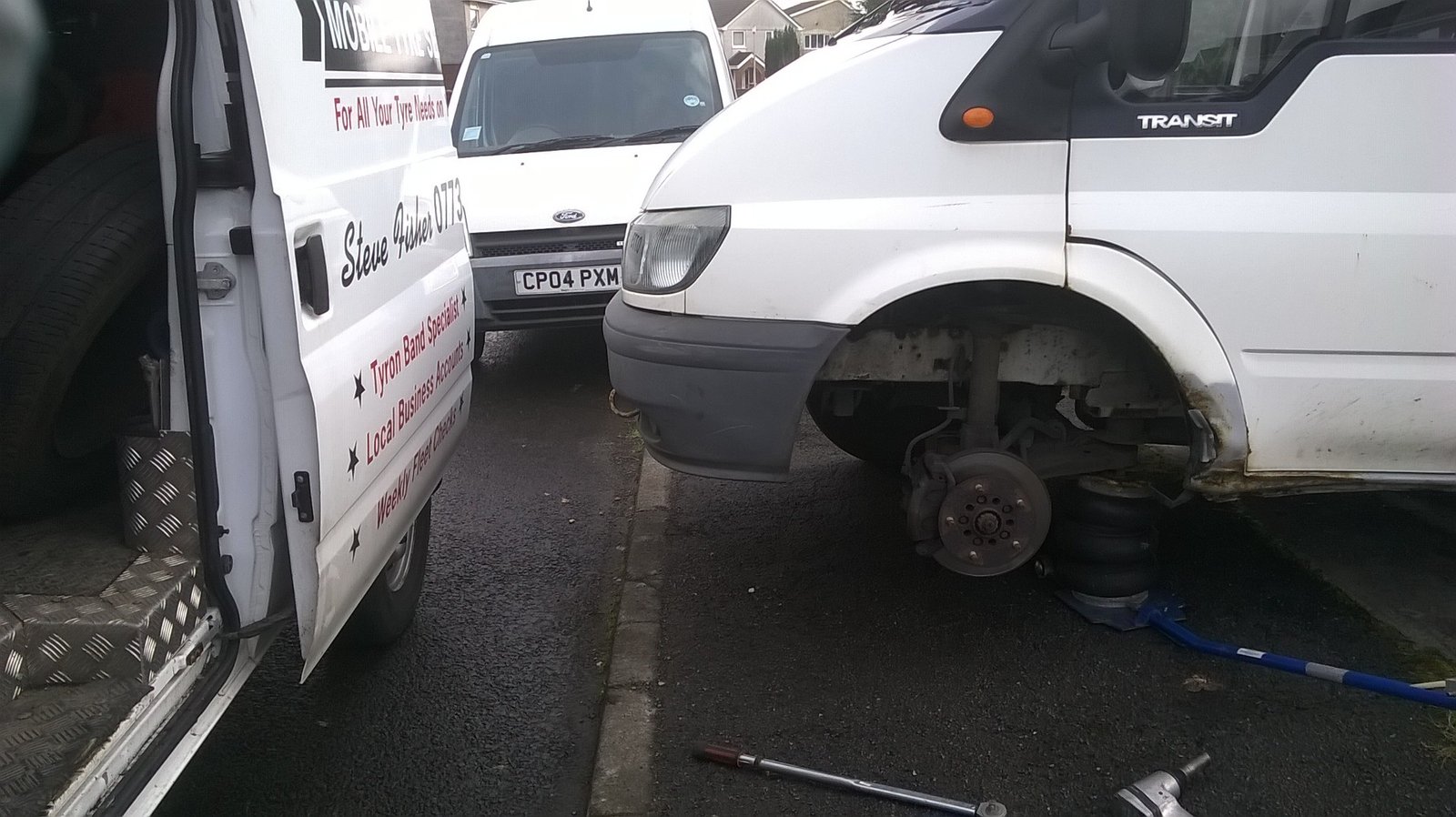It’s usually not until you find yourself having to resort to mobile tyre fitter in Oxfordshire that you truly realise just how important the tyres on your car really are. Even in the case of the most technologically advanced and genuinely outstanding vehicles on the roads, it will only ever be this comparatively tiny strip of rubber that connects your car with the road beneath. Suffice to say therefore, there’s really no such thing as taking things too far when it comes to tyre safety and maintenance as it can take just the slightest of oversights to set off a chain reaction headed straight for disaster.
So from those who live and breathe tyre safety day in and day out, here is a quick overview of just a few essential Tyre Care tips to help keep you safe and mobile:
- Contact Patch
Not only are the tyres on your car charged with quite an enormous task, but the actual part of the tyre that makes contact with the road is no bigger than the back of your hand. Small it may be, but the role this contact patch plays in everything from fuel economy to comfort to safety really is quite spectacular. As such, it is important to acknowledge exactly how crucial it is to select quality tyres in the first place and to have them maintained as and when necessary as realistically speaking, the margin to error is practically zero.
- Tyre Wear and Depth
These days, there’s really no excuse whatsoever on making so much as a single journey with tyres that are considered legally unsafe for use. UK law is extremely strict and specific when it comes to exactly how much tread there should be on any tyre and what kind is unacceptable. It’s of crucial importance for safety reasons and indeed to stay on the good side of the law to change your tyres when the depth of the tread gets anywhere near 1.6 mm. You can pick up simple measuring devices for a matter of pennies which will show you exactly how worn your tyres are, so again there really is no excuse driving on unsafe tyres.
- Tyre Pressure
In terms of tyre pressures, it’s pretty safe to stay that anyone in possession of a vehicle will be more than aware of just how important safe tyre pressures are. Nevertheless, the vast majority of people are guilty of neglecting and overlooking their own tyre pressures, simply assuming that they are in fact as they should be. The truth however is quite to the contrary as while the air pressure within the tyres today may be just fine, it could be a totally different story just in a few days. Admittedly, it isn’t necessarily convenient or possible to check and adjust pressures every day, which is why experts recommend carrying out a full four-way check at least once every month.
You’ll see the recommended tyre pressures for your own tyres printed on the rubber itself, though if in any doubt you can find out everything you need to know online.
4 – Warning Signs
It is the responsibility of every motorist on the roads to be proactively on the lookout for any warning signs that their tyres require maintenance for the sake of road safety. In terms of the car’s tyres, there are plenty of relatively obvious warning signs that tend to present themselves when and where there is something in need of attention. For example, if you find when you are driving the car that there are excessive vibrations, wobbling of the steering wheel, any unusual or excessive noise, any difficulties with steering or any smells indicative of burning rubber, these are all signs that something could indeed be wrong with one or more of your tyres. Needless to say, it you have even the slightest suspicion that there is something wrong, it is your responsibility to address it immediately.
5 – Damage Checks
Last but not least, be sure to carry out periodic checks for any kind of damage or debris that could adversely affect the health and performance of your tyres. This can of course be done each time you carry out pressure checks and should involve a thorough going over of all four tyres to ensure all is as it should be. Never forget that while it might be tempting to overlook something that appears insignificant, it is always preferable to pay for a quick-fix patch-up now, rather than a brand new tyre or worse a little further down the line.
